We live in a nation obsessed with physical appearance, weight loss, and dieting. $33 billion dollars are spent on dieting products each year, yet over two-thirds of American adults are overweight or obese. These dieting patterns are a huge issue because they are typically unsuccessful, physically and emotionally damaging, and ultimately promote unhealthy eating behaviors. I believe it's time to give up dieting, strict rules, and instead, start listening to our bodies. It's time for Intuitive Eating.
What is Intuitive Eating?
Intuitive Eating an approach where you allow yourself unconditional permission to eat with attunement, you rely on your own sense of hunger and satiety cues, and in the end, your body will come to its natural biological weight. As a dietitian-this approach of Intuitive Eating is one that I have found I live by and want others to live by as well. Let me tell you a little bit more about some of its guiding principles.
Ditch the Diets
Dieters are so focused on the question, "Will this make me skinny?" whereas instead the question should be, "Will this nourish me?"
Paleo. Keto. Whole 30. You name it. Fads diets are everywhere and new ones are popping up all the time. These are called "fad" diets for a reason because they don't last and weight continually fluctuates back and forth. In fact, several studies have shown that the majority of people on fad diets regain their weight back, plus more.
The first concept of intuitive eating is to completely ditch these diets. That means no more embracing the books, commercials, and gimmicks that promise a quick way to lose weight. With intuitive eating, it is more about a lifestyle change that promotes bringing you to your body's natural weight. This approach has a completely different outlook regarding food. Take a look at the picture above. With a diet mindset, you might say, "Can I have this food?" vs "Do I want this food?" Or those on a diet might say, "I exercise so I can eat" vs "I eat so I can have energy to exercise." Finally, dieters are so focused on the question, "Will this make me skinny?" whereas instead the question should be, "Will this nourish me?"
And in regards to health effects, switching to this perspective of intuitive eating has been associated with both lower BMI and better psychological health. Check and check.
Rediscover Satisfaction
When we allow ourselves to have flexibility rather than restriction, we can start to realize what foods we actually enjoy.
Another issue with diets is there a constant "food police" in dieters heads. This voice tells you that you're "good" for eating minimal calories or "bad" because you ate a piece of chocolate cake. The food police monitor the unreasonable rules that dieting has created. With these strict rules, dieters are often unable to be truly satisfied at the end of their meal. There is huge difference between being full and being satisfied. For example, you can choose to eat that one salad option on the menu that your diet restricts you to instead of getting the sandwich that you really wanted... but at the end of the meal you are not going to be satisfied if you were really craving the sandwich.
By adopting intuitive eating rather than a diet, you are able to start to challenge the voices of the food police in your head and have a guilt-free experience with food choices. When we allow ourselves to have this flexibility rather than restriction, we can start to realize what foods we actually enjoy and stop the cycle of restriction and binging.
Honor Your Hunger and Fullness
Everyone is born with an innate sense of hunger. Our hunger may be described in a 1 to 10 scale. 1 being starved and 10 being Thanksgiving dinner stuffed. The goal is to keep our bodies in a range from 3-8. When we start to drop lower on the scale, our hunger signals may start to show. These hunger signals vary for everyone-for some it may be a growling stomach and headaches or for others, they may be feeling irritable or what I like to call HANGRY. With dieting, these natural hunger cues are typically suppressed or ignored. In turn, this can trigger a primal drive to overeat. And once you reach the moment of excessive hunger often experienced with dieting, all intentions of moderate, conscious eating go out the window. And so does this internal hunger scale. Most dieters at this point of overeating will shoot their fullness to a whopping 10 before they can even realize their stuffed to the point that they feel sick.
The intuitive eating approach fixes this issue by instead adopting the concept of listening to your body to tell you when you are hungry and when you are comfortably full. A practical way this looks is intuitive eaters will pause in the middle of a meal or snack and ask themselves: "What is your current fullness level?" This way they are able to mindfully maintain themselves within the comfortable 3-8 range.
Honor Your Health and Nutrition
Remember that you don't have to eat a perfect diet to be healthy. It's what you eat consistently over time that matters.
Dieting is a hard thing in my field of study because there is a fine line between nutrition and dieting in our culture. With diets, there is often a negative relationship with nutrition as it becomes a concept of confusing rules, deprivation, and no real enjoyment.
With intuitive eating, the idea is that nutrition should be taken back to the very basics that are just simply universal truths. We should drink plenty of water. We should eat plenty of fibrous foods including vegetables, fruits, beans, lentils, and whole grains more often. And we should eat a variety of foods. Intuitive Eating says nutrition should gently guide your choices but your intuition, cravings and satisfaction also determine what you eat.
For example, where dieters might eat raw broccoli for a diet that tastes like dirt to them, intuitive eaters make food choices that honor their health and taste buds. Where dieting might say you have to be perfect with every aspect of nutrition, Intuitive Eating says: "Remember that you don't have to eat a perfect diet to be healthy. You will not suddenly get a nutrient deficiency or gain weight from one snack, one meal, or one day of eating. It's what you eat consistently over time that matters".
Main Takeaways
At the end of the day, I believe it all comes back to making sustainable, satisfying, and cheerful food choices (hence my blog name!) It's time to stop the dieting. The obsession with weight loss and the idolized, societal appearance. The voices controlling your food choices. And the destructive relationship with nutrition. I believe Intuitive Eating it is the fix to a happier and healthier nation.
I am very passionate about this topic and welcome any questions about intuitive eating, nutrition, or just general health! If you would like to learn more about the concept of intuitive eating, check out the book "Intuitive Eating" by Elyse Resch and Evelyn Tribole. What are your thoughts on Intuitive Eating?
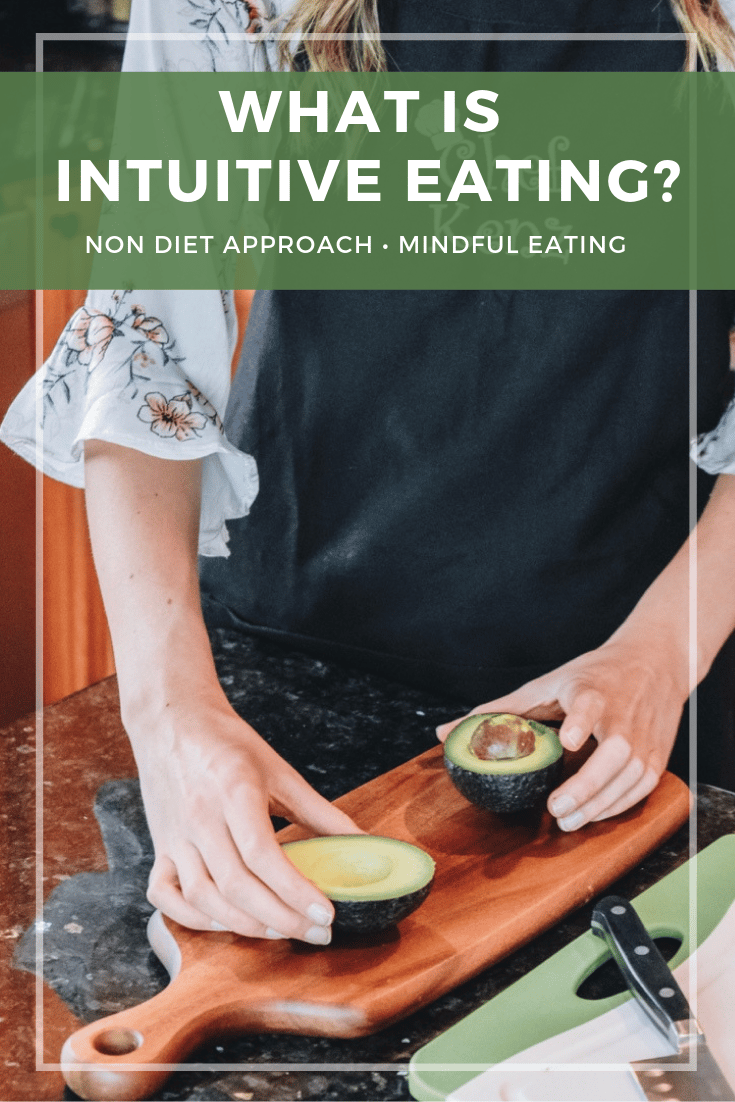

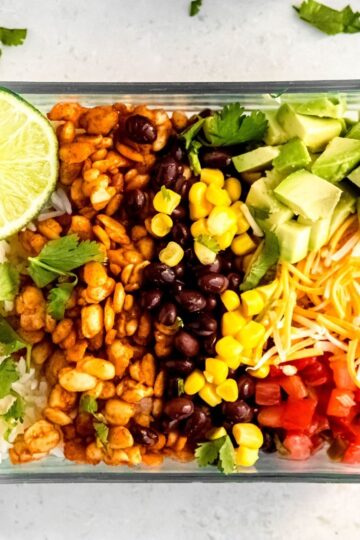
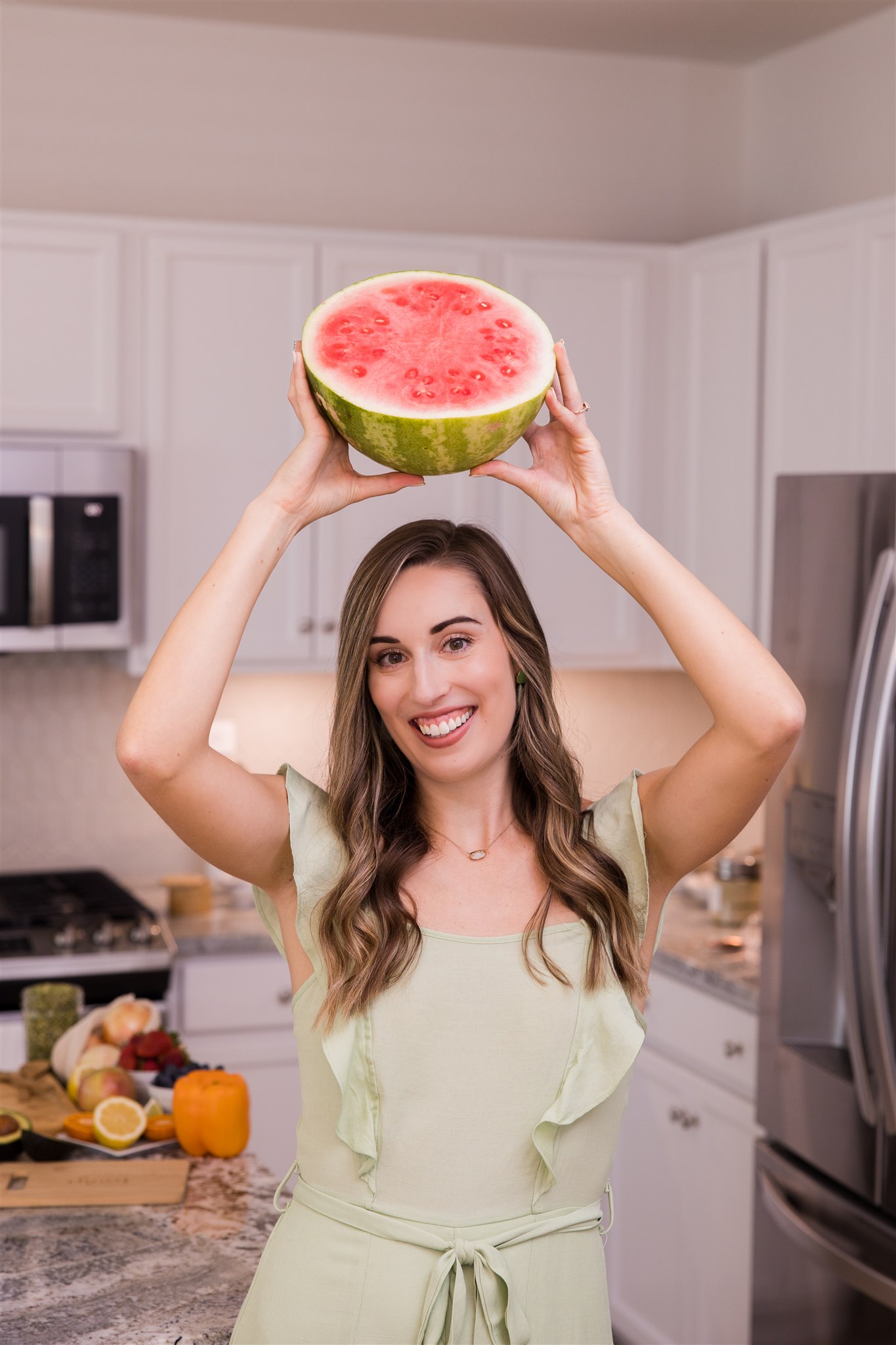
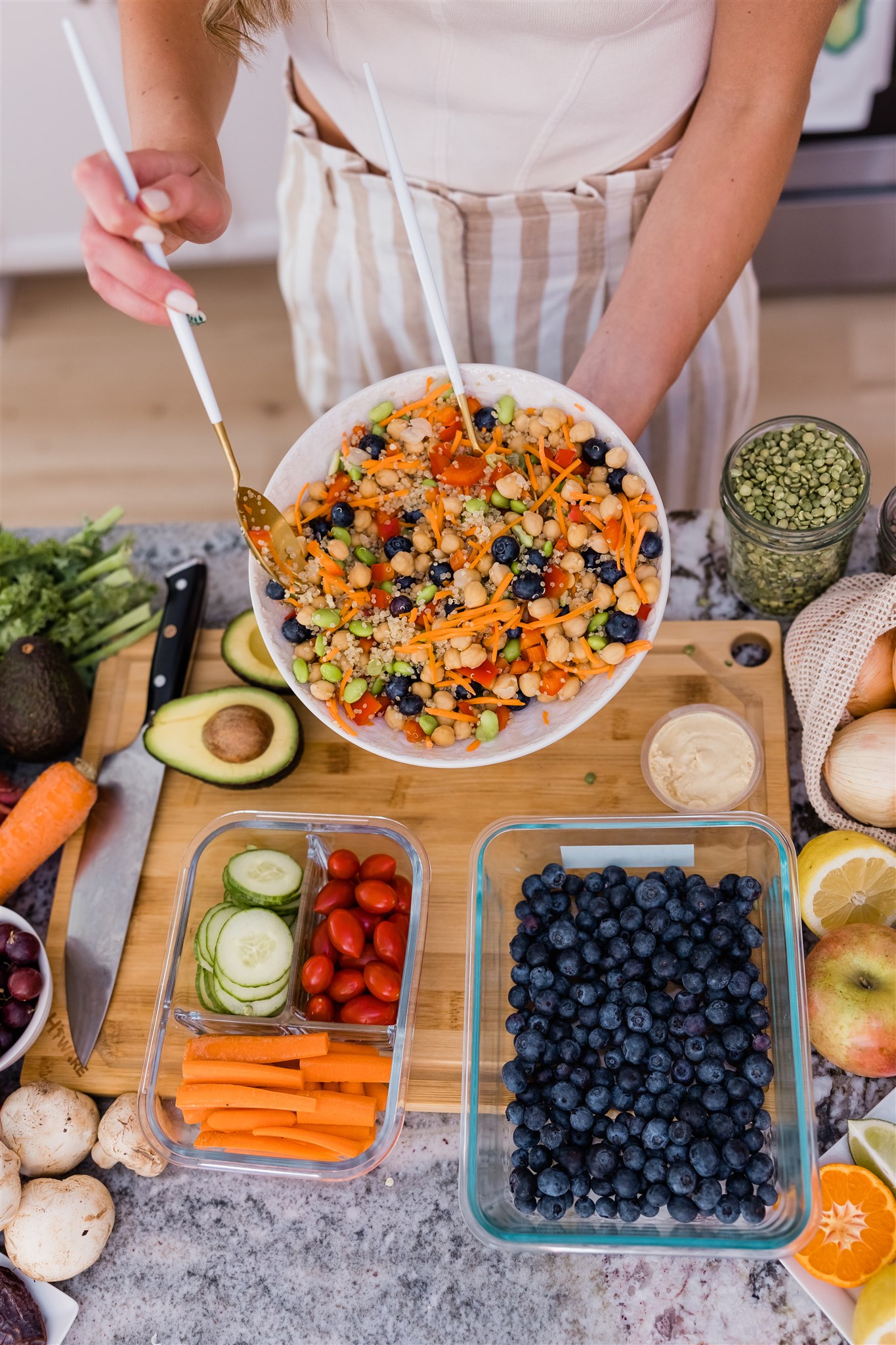
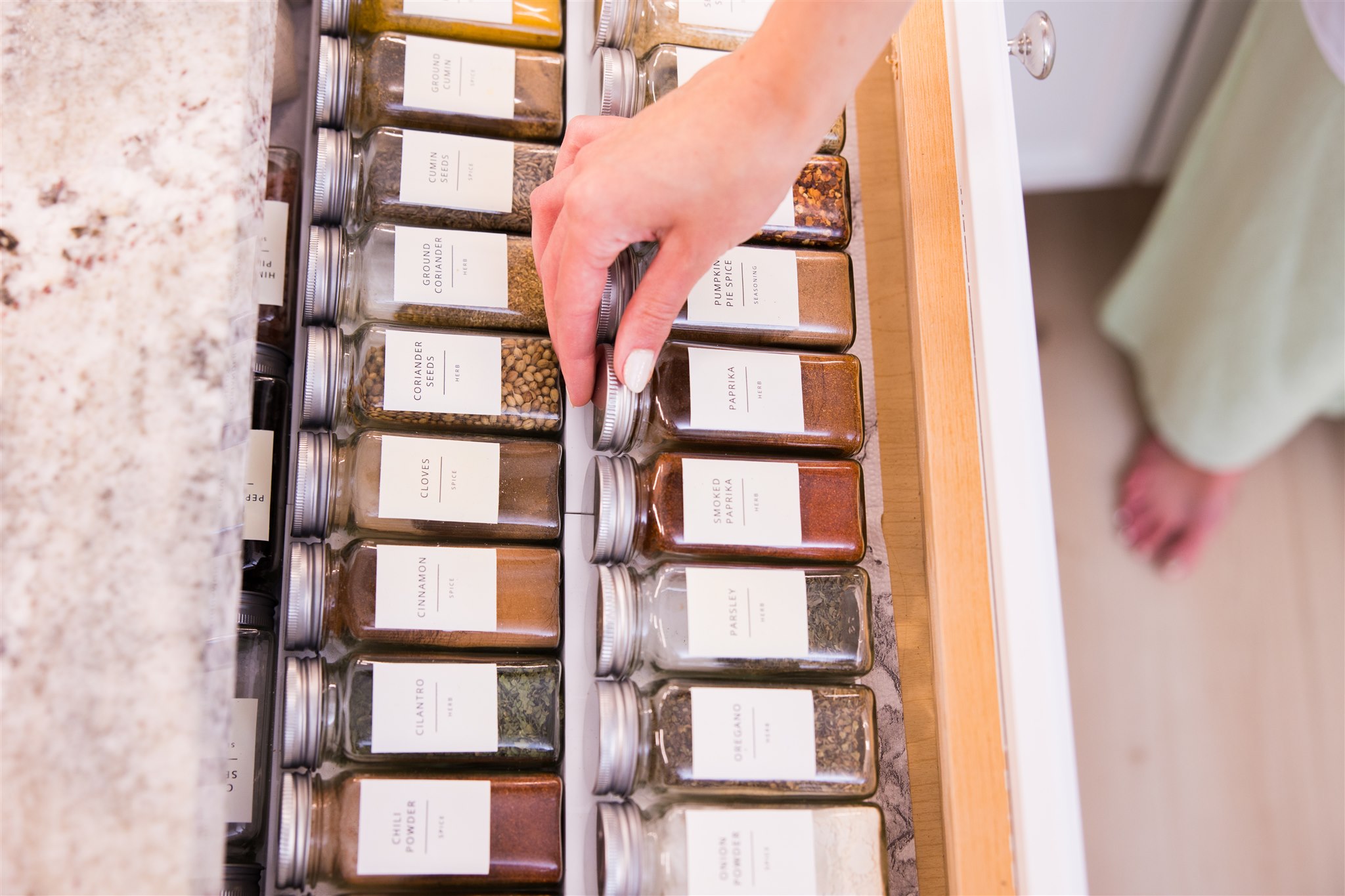
Leave a Reply